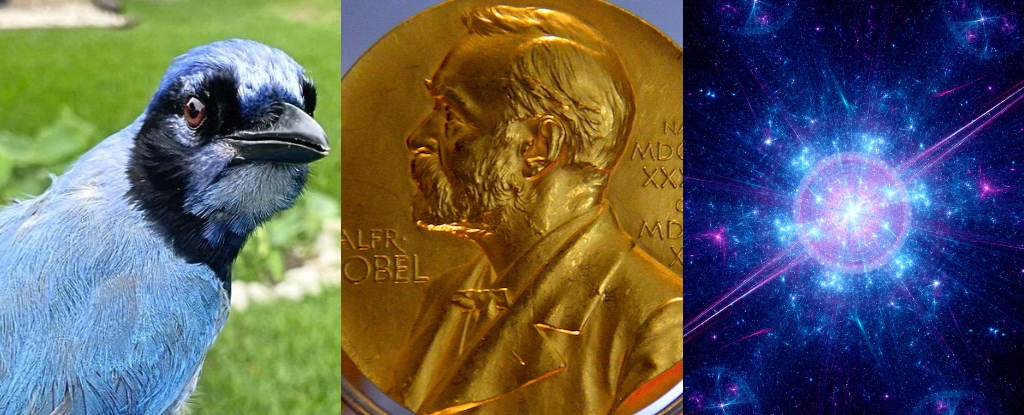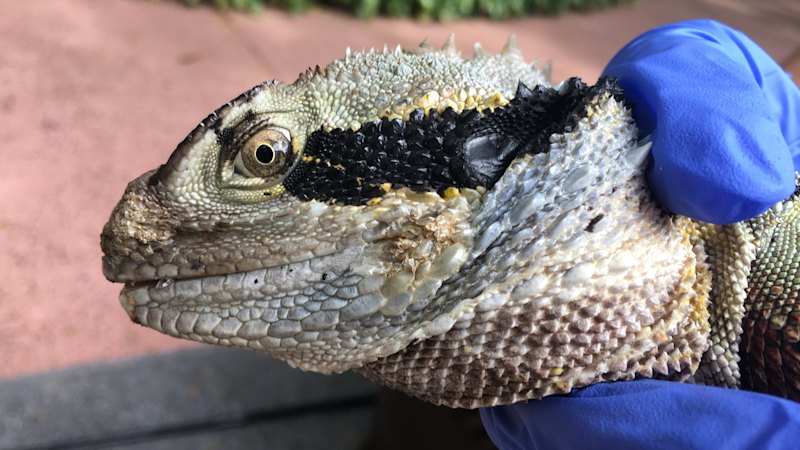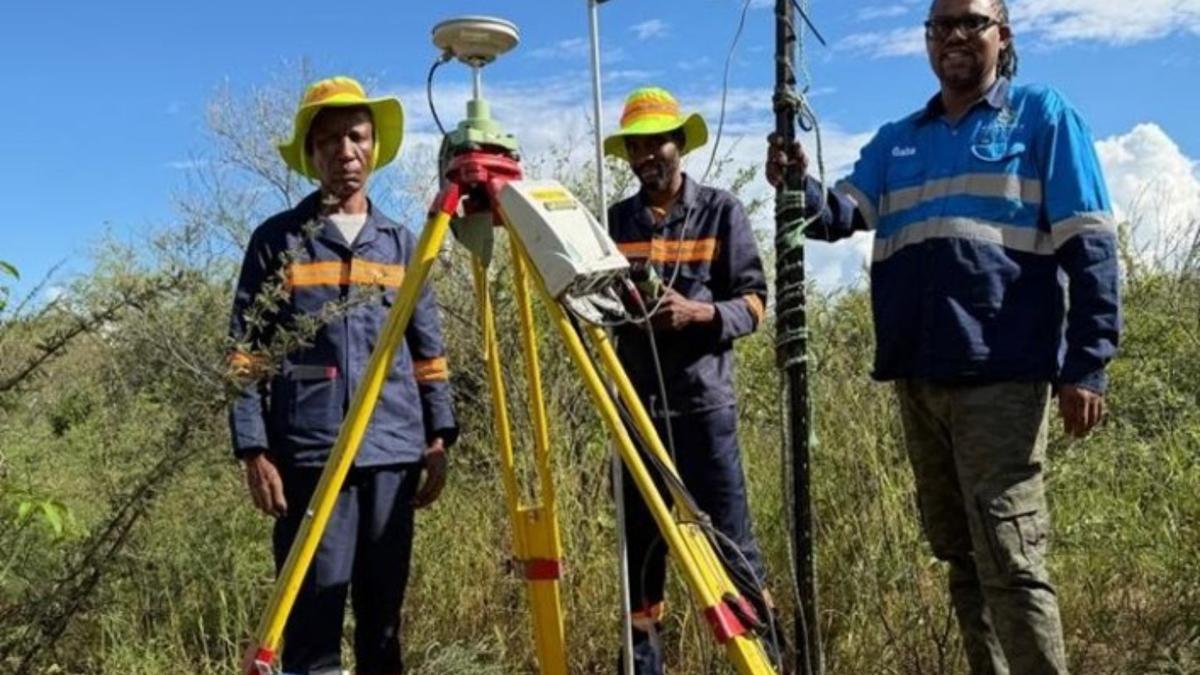
This week showcased a series of remarkable scientific advancements, including the awarding of the prestigious Nobel Prizes and significant findings in health and astrophysics. Notable discoveries range from identifying risk factors for heart disease to the implications of sleep patterns on brain function.
Major Health Study Links Risk Factors to Cardiovascular Events
A comprehensive study has revealed that four key risk factors account for an alarming 99 percent of all heart attacks and strokes. These factors include high blood pressure, high cholesterol, high blood sugar, and smoking. In both the United States and South Korea, over 93 percent of individuals who suffered from a heart attack, stroke, or heart failure had hypertension prior to the event. This underscores the need for effective management of blood pressure to prevent severe cardiovascular diseases.
Nobel Prizes Celebrate Scientific Breakthroughs
The 2025 Nobel Prizes were awarded this week, recognizing extraordinary contributions across various scientific fields. The Nobel Prize in Physiology or Medicine was awarded to Shimon Sakaguchi from Osaka University, alongside Mary E. Brunkow and Fred Ramsdell from the United States, for their groundbreaking work on how the immune system can regulate itself and prevent autoimmune disorders.
In Physics, the award went to John Clarke (UK), Michel Devoret (France), and John Martinis (USA) for their pioneering efforts in quantum mechanics, which have significantly advanced technology such as smartphones and next-generation computers. The Chemistry prize recognized Susumu Kitagawa from Kyoto University, Richard Robson from the University of Melbourne, and Omar M. Yaghi from the University of California, Berkeley, for discovering innovative molecular structures with large cavities, which could have far-reaching implications in materials science.
Insights into Sleep and Health
Research from Aurore Perrault, a neuroscientist at Concordia University in Canada, has unveiled five distinct sleep profiles, each linked to unique brain activity patterns. This study indicates that sleep quality is not only reflected in physical health but also in the very wiring of the brain.
New Hybrid Bird Observed in Texas
In a fascinating ecological development, scientists have documented a first-of-its-kind hybrid bird, dubbed the “Grue Jay,” spotted in a Texas backyard. Brian Stokes, an ecologist at the University of Texas at Austin, noted that this hybridization may be a direct result of two species expanding their ranges due to climate change. This observation sheds light on the ongoing impacts of environmental shifts on biodiversity.
Toenails as Indicators of Lung Cancer Risk
A study led by biochemist Aaron Goodarzi at the University of Calgary has discovered that toenails can reveal exposure to non-smoking-related lung cancer causes. This research could pave the way for earlier and more effective screening for patients whose lung cancer is not linked to tobacco use, potentially saving countless lives.
Astrophysicists Predict the Universe’s End
Finally, physicists have posited a theory regarding the eventual end of the universe, suggesting a scenario resembling a reverse Big Bang. Henry Tye, an astrophysicist at Cornell University, emphasized the importance of understanding both the beginnings and endings of life. This research could reshape our understanding of the universe’s fate and its long-term trajectory.
This week’s scientific revelations not only highlight the progress being made in various fields but also emphasize the interconnectedness of health, technology, and the environment. As researchers continue to push boundaries, these findings will likely influence public health policies and technological innovations in the years to come.







